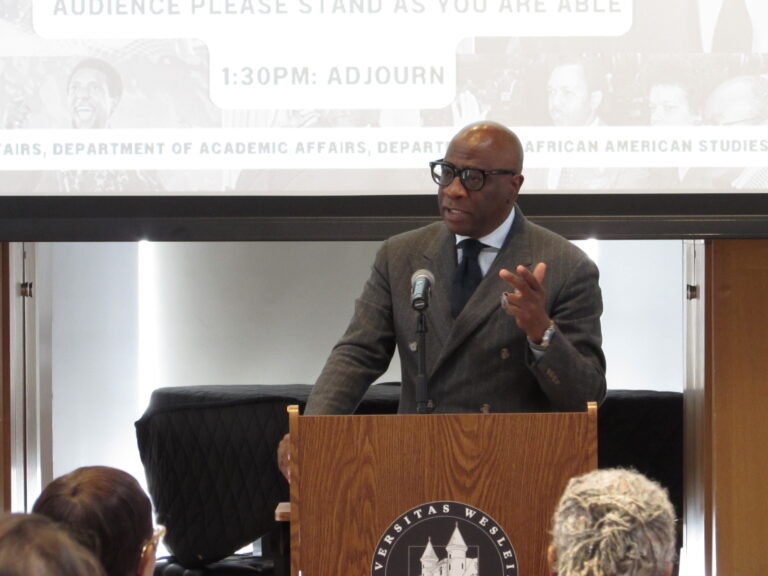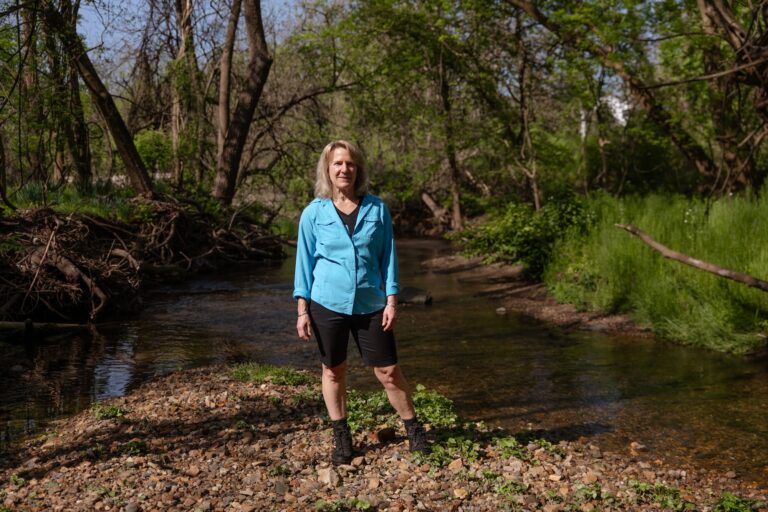Disability Studies Course Cluster Added
As of early April, WesMaps now includes a Disabilities Studies Course Cluster. The cluster, which includes 11 courses across seven academic disciplines for the 2011-2012 academic year, allows students to identify courses relevant to disability issues.
According to Wesleyan Students for Disability Rights (WSDR) founder Allegra Stout ’12, the cluster is an important step in providing more exposure to disability studies as an academic discipline.
“The new course cluster is a milestone in the growing recognition of disability studies at Wesleyan,” Stout wrote in an email to The Argus. “It shows that faculty and students alike are committed to exploring disability, and it will provide a way for current and future students to find relevant classes.”
Stout and Ariel Schwartz ’12 developed the idea of a course cluster while leading a forum in Disability Studies last fall. With the help of the cluster’s faculty advisor, Assistant Professor of Anthropology and American Studies Margot Weiss, the cluster was proposed in fall 2010. After the cluster was approved, professors elected to have their course placed under the designation because of their connection to the biological or social aspects of disability.
Schwartz, a University Major in Disability Studies, believes that the cluster is analogous to the race, gender, and sexuality studies programs that currently exist, either as academic majors, certificates, or interdisciplinary programs.
“We created this cluster so that disability studies can be taken seriously at Wesleyan,” Schwartz said. “It belongs on the list of things students think about, learn about, and talk about because disability is all around us, just like race or gender.”
The goal of the new course cluster, according to Schwartz, is not only to present options to students interested in disability but also to show how pertinent disability studies is to other disciplines. Schwartz is hopeful that students will become more aware of disability as a social justice issue.
“We make a lot of political, economic, and social decisions that really affect the lives of people with disabilities,” Schwartz said. “We construct disability, and it’s important for society to understand what we constructed and all the other factors that lead to labeling someone as disabled, which is why we created this cluster.”







Leave a Reply